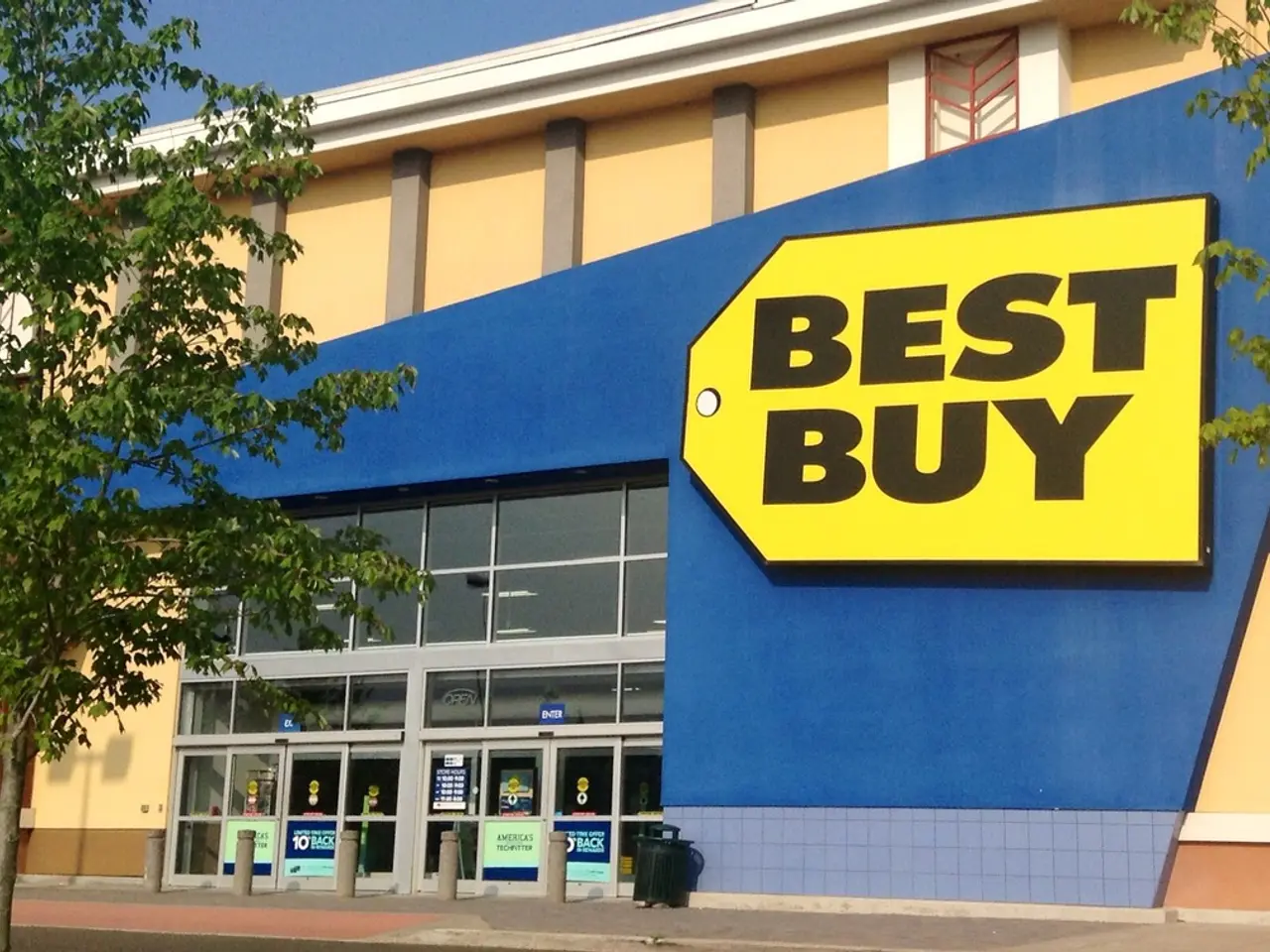Machine Learning and Forecasting Advancements in Supply Chain Resilience: Insights from Jaymalya Deb
Jay Deb, the Division Materials Manager at Parker Hannifin's Industrial Process Filtration Division, is a seasoned professional with over 20 years of experience in supply chain and commodity management, engineering, IT, and manufacturing.
During his tenure at GE Aviation, Deb implemented the Advanced Supply Chain Planning module (ASCP) and configured the Manufacturing Execution System (MES) module. His work there showcased his ability to design innovative solutions that deliver measurable organizational improvements.
Now, at Parker Hannifin, a Fortune 250 company, Deb leads cross-functional teams, integrating each team's perspective to address Sales' demand signals, Operations' inventory goals, and Engineering's technical feasibility.
One of Deb's notable achievements is the development of complex statistical models for demand planning. These models utilize machine learning techniques to improve finished goods delivery lead times. Deb demonstrates the benefits of his forecasting models through visual aids, pilot runs, and addressing concerns through one-on-one discussions.
Deb's vision for the future of demand forecasting includes a highly predictive, self-adaptive process leveraging real-time data and AI to autonomously manage supply chains. He sees the harmonization of Lean principles and advanced analytics as a powerful framework for optimal supply chain performance, combining Lean's operational discipline with machine learning's predictive intelligence.
In his book, "Managerial Perspective to Operational Excellence: Using Lean Ideas to Compete Against Low-Cost Countries," Deb presents a case-based approach to Lean implementation and change management. He is also known for building an automated shop floor scheduling system which continuously optimizes the available capacity against released work orders to achieve positive on-time outcomes for the organization.
As companies prepare for the shift to AI-driven solutions, Deb advocates for a strategic, integrated approach to leverage data from ERP systems like Oracle EBS and external sources for decision-making processes and improving supply chain performance. He believes that investing in robust data infrastructure, upskilling teams, and piloting AI tools in controlled environments are key steps in this transition.
AI-driven solutions are poised to play a larger role in autonomously managing supply chains, potentially reducing human intervention by up to 30%. Deb employs a structured yet collaborative strategy for aligning Sales, Engineering, and Operations teams with advanced forecasting models.
In the oil and gas industry, Deb has written about his innovative machine learning approach to improve forecasting for intermittent demand industrial products. His focus is on translating complex concepts into tangible business benefits to secure buy-in from stakeholders unfamiliar with the technical side.
In his current role, Deb continues to drive innovation and efficiency in the Industrial Process Filtration Division at Parker Hannifin, demonstrating his commitment to shaping the future of supply chain management with AI-driven solutions.
Read also:
- India's construction sector receives a significant boost with Suraksha Group leveraging one of Asia's biggest captive precast factories for mechanization.
- Construction projects valued at $200 million set to commence in Gia Lai this month
- Transformed household and professional chemistry domain disrupted by game-changing brand, AquaSlean
- Reduced Repair Expenses Disclosed by Tesla Gigacastings Study








